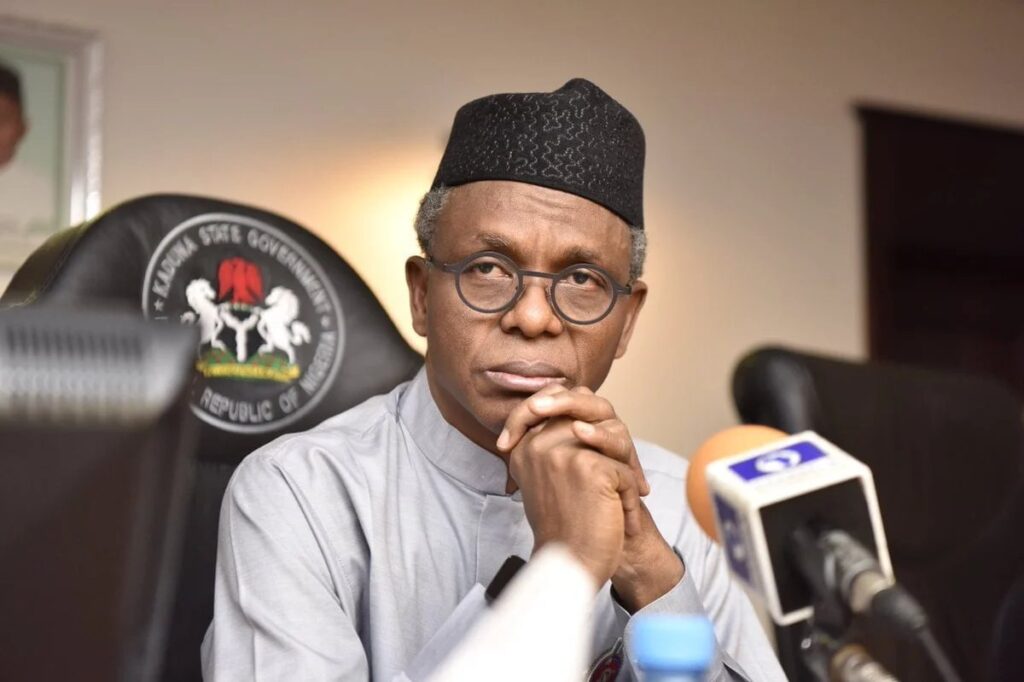
Abuja, Nigeria – January 8, 2025
The Independent Corrupt Practices and Other Related Offences Commission (ICPC) has arraigned Alhaji Muhammad Bashir Saidu, former Chief of Staff to ex-Governor Nasir El-Rufai of Kaduna State, on charges of money laundering. Saidu, who also served as Commissioner of Finance during El-Rufai’s administration, was brought before the Federal High Court in Kaduna on Tuesday, January 7, 2025.
The ICPC has filed a two-count charge against Saidu and a co-defendant, Ibrahim Muktar, a public officer employed by the Ministry of Finance. The charges pertain to the alleged acceptance and control of cash payments totaling ₦155 million, exceeding the amount authorized by law. The transactions in question reportedly occurred in March 2022, during Saidu’s tenure as Commissioner of Finance.
According to the charge sheet, Saidu is accused of accepting a cash payment of ₦155 million from Muktar through a proxy, Muazu Abdu, his Special Assistant, thereby contravening Section 2(a) and punishable under Section 19(d) of the Money Laundering (Prevention and Prohibition) Act, 2022. Additionally, Saidu is alleged to have indirectly taken control of the same amount, which he ought to have known was part of the proceeds of unlawful activity, in violation of Section 18(2)(d) and punishable under Section 18(3) of the same Act.
This development counters earlier claims that Saidu had been exonerated of all allegations following a 10-month investigation. The ICPC’s formal arraignment signifies a continuation of legal proceedings to address the alleged financial misconduct.
The court has yet to set a date for the commencement of the trial. Both defendants are expected to enter their pleas when proceedings begin. If convicted, they could face significant penalties, including imprisonment and substantial fines, as stipulated by the Money Laundering (Prevention and Prohibition) Act, 2022.
The ICPC’s action underscores its commitment to combating corruption and enforcing anti-money laundering laws within Nigeria’s public sector. The case continues to unfold, with the public and stakeholders keenly observing the judicial process.




